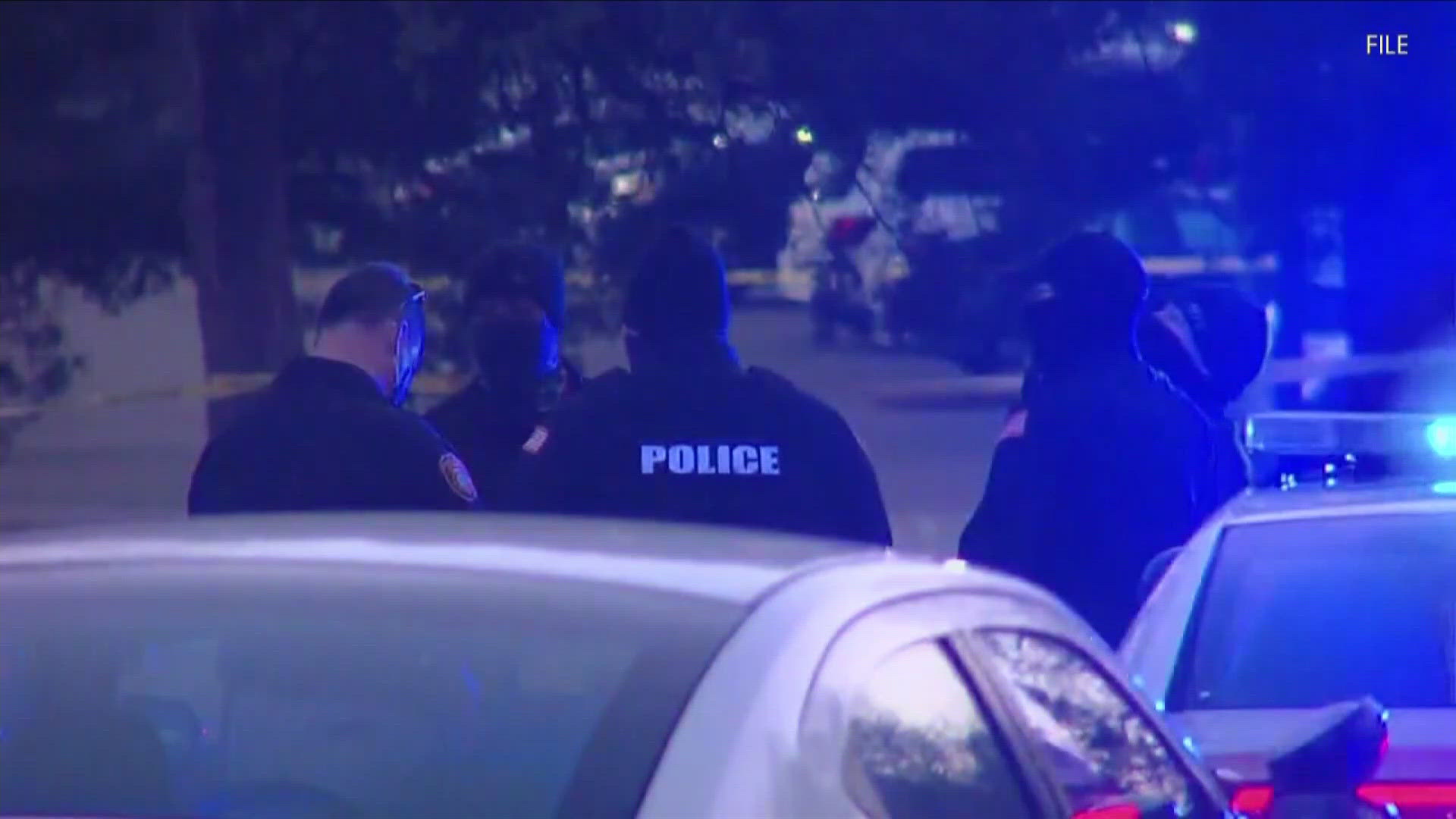MEMPHIS, Tenn. — Shelby County commissioners heard a presentation on Wednesday about the bond process, examining how repeat offenders have increased while bail amounts have gone down.
A study done by the University of Memphis Center For Community Research and Evaluation examined over 90,000 General Sessions Court cases from 2018 to 2023.
They specifically compared data from before and after the standing bail order, a set of policy changes in 2022 meant to strengthen the presumption of pretrial release and place an emphasis on setting the minimum monetary bail level legally allowed.
The study found an increase in rearrests for new cases from 14.3 percent to 16 percent, a decrease in cases requiring monetary bond from 81.2 percent to 74.7 percent, while suspects released on their own recognizance or other conditions for aggravated assault nearly doubled, going from 4.6 percent to 8.2 percent.
Judicial Commissioners are no longer allowed to release aggravated assault suspects on their own recognizance.
“Is every outcome the perfect outcome? It’s not,” said Shelby County Judge Lee Wilson, who oversees all judicial commissioners and was also on hand for the presentation. “But were they striving for perfection when they set it? They were.”
Judicial commissioner John Marshall was also there Wednesday and told county commissioners that with the new state law making public safety the top priority when setting bail amounts, they hope those rearrest rates will go down.
“We certainly want, as all citizens of Shelby County want, to see that number go down,” Marshall said. “The law went into effect on July 1, so we'll have to see. We can hope [for] that.”
Both Marshall and Judge Wilson declined to talk with media afterwards. However, Judge Wilson told commissioners they are working to make it publicly available which judicial commissioner sets a bond for any given case.
Dr. Jonathan Bennett, who led the U of M team that conducted the study, said they plan to publish another one that breaks down the public safety impact of the rearrests and bond amounts.

